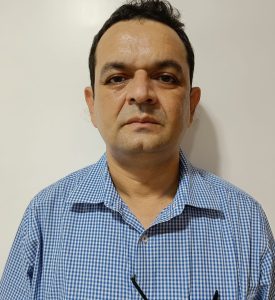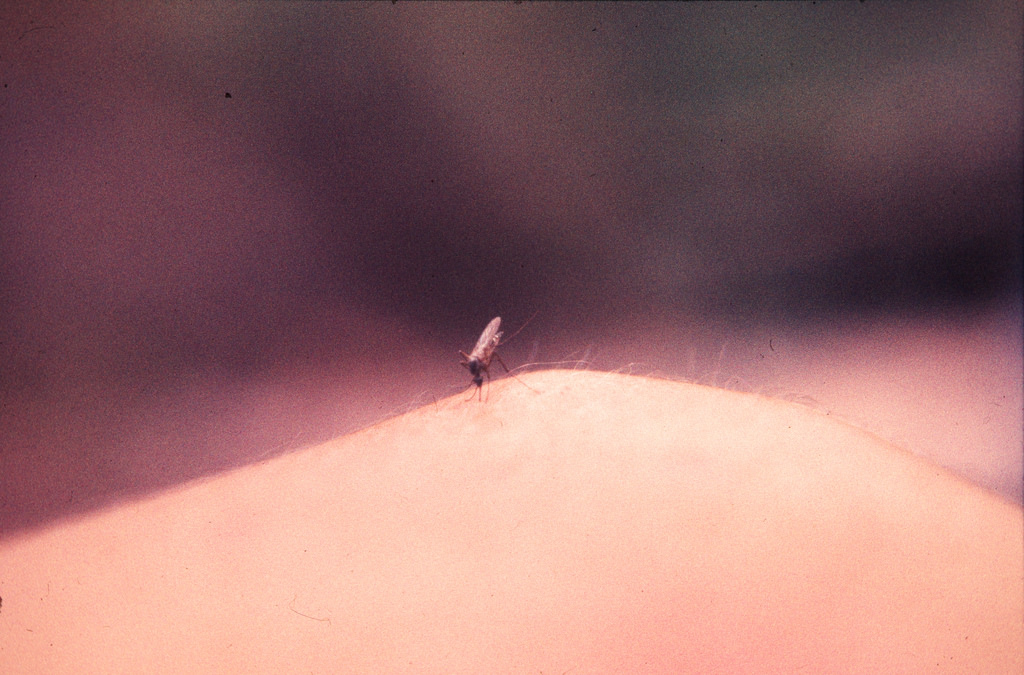World Mosquito Day is observed on the 20th of August every year to honour the discovery of Nobel laureate British doctor Sir Ronald Ross. In the year 1897, Ross had discovered that malaria is transmitted to the human body by Anopheles mosquitoes.
On World Mosquito Day this year, The CSR Journal talks to Dr Chandramouli Bhattacharya, consultant in tropical medicine and infectious diseases, who has been associated with Kolkata’s Peerless Hospital for the last 11 years.
Malaria control
Cases of Mosquito-borne disease like dengue and malaria are again on the rise in Mumbai as well as in several other cities. What precautionary measures can we take in our day to day lives to control this? Commenting on the same, Dr Chandramouli Bhattacharya told The CSR Journal, “Diseases like dengue and malaria are vector-borne. These can only be controlled when you are able to control the vector, which in this case is mosquito. Malaria control can happen at two levels- individual and government. While I cannot comment on what the government is doing, but if we in our daily lives use mosquito nets without fail, that itself gives us a lot of protection against malaria. This is because malaria is mainly caused by Anopheles mosquitoes, which are normally active at night.”
Insecticide-impregnated mosquito nets
While it is good to use the mosquito nets commonly available in the market, Dr Bhattacharya suggests the use of insecticide-impregnated mosquito net for a better protection especially from malaria. He said, “While we use the ordinary mosquito nets, the WHO (World Health Organization) promotes insecticide-impregnated mosquito nets as a public health measure. The malaria problem in our country is nothing as compared to Sub-Saharan Africa. These mosquito nets, which are dipped in a form of long-lasting insecticide at the time of manufacture, are used in these regions. These insecticides are safe for humans.”
“These are effective both for the person sleeping inside the mosquito net as well as for other people in the household who are not. However, this is not entirely true for dengue because dengue is mainly caused by Aedes mosquitoes which are active during dawn and dusk, when we are not sleeping inside mosquito nets. However, I will emphasize on the fact that malaria can be prevented to a great extent simply by using mosquito nets,” he added.



